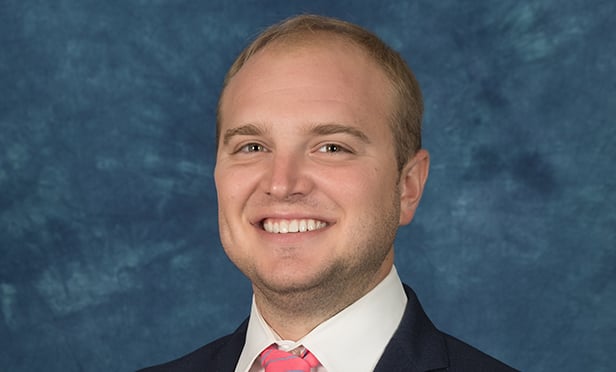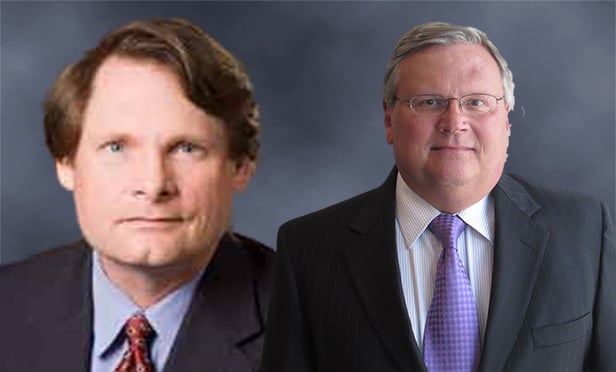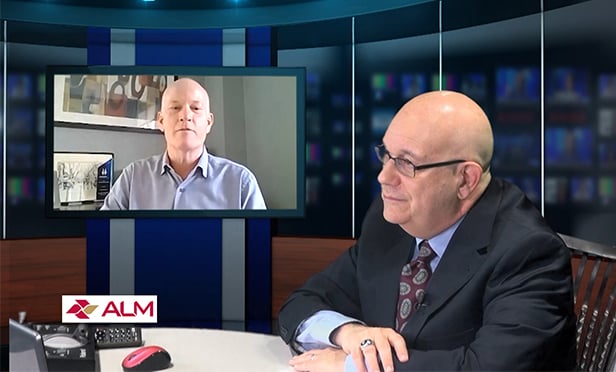"We never intended for this story to be green," says Lee Ann Jorgenson, a community relations manager of Stillwater, MN-based Cub Foods. But President Brian Huff suggested the possibility and the process took off from there, she continues.
Other techniques used at the store include recycling half the waste from demolished buildings on the site, a water-saving landscape irrigation system, and recycling of building construction materials. But those technologies can be used at many other building types.
Because they sell food and other perishable items, supermarkets have special needs require adaptation to be 'green'. Energy use cannot be curtailed during off hours in areas that store perishables, for example. Still, Cub Foods has received an award from the Environmental Protection Agency's (EPA) GreenChill Partnership at Gold-Level Certification. The award is given for outstanding use of environmentally friendly refrigeration technology. Even lighting refrigerated cases can be managed.
"Our cases use lights that are triggered by motion," Jorgenson says. The result for all initiatives is a 35% savings on energy.
Other Cub Food stores, while not LEED Gold, also are becoming greener. Each store has a "green team," two employees viewed as environmentally savvy, that will provide headquarters with feedback about other actions and initiatives that could save energy--and money.
Green also can extend to maintenance, notes Robert Israel, senior director, Global Environmental Sustainability & Regulatory Affairs for Sturtevant, WI-based Johnson Diversey, a provider of commercial cleaning products. The company has produced a line of chemicals certified by Green Seal.
"Some areas in the grocery store can use the same products," as other building types, Israel said. But perishables and food preparation areas require more sanitizing and caution. Even increased vigilance on handwashing can make a huge difference.
Packaging is also another important area for sustainability. Johnson Diversey is producing a highly concentrated sanitizer for sinks that automatically dispenses the proper amount of cleaner while reducing the amount of plastic in the store.
Cub Foods is not alone in pursuing sustainability. Corporate parent Supervalu also is building sustainable stores among its other banners, including testing a natural-gas powered fuel cell for its refrigeration system in a Star Market in Newton, MA. Stop & Shop, too, is building sustainable stores, and Fred Meyer hopes to achieve LEED Silver status for a unit in southeast Portland, OR. If it succeeds, the store would be the first grocer in Oregon and parent Kroger's first unit to do so. Hy-Vee describes its commitment to sustainability, as well.
"There is certainly a great deal of interest in building green stores," says Jeanne von Zastrow, a senior director overseeing sustainability efforts of the Food Marketing Institute, Arlington, VA. "About two years ago, we saw that our member companies wanted assistance to understand this issue."
The notoriously tight-margin business must carefully track each expenditure, so FMI has created materials for executives to show their corner office occupants to justify the return on investment of green building, and has formed a sustainability task force. Its role: to define and explain sustainability to member companies and offer some tools to assist.
These include simplified carbon calculators to allow companies to assess their energy usage and emissions over a portfolio. Such tools are particularly useful to smaller companies, which may not have the resources of a Supervalu.
"It's a starting point," von Zastrow says. FMI held its first Sustainability Summit in June in Minneapolis, attended by more than 350 people. A second summit is scheduled for next June 15 to 17 in San Francisco.
"The best example is just seeing the growth that's taken place at FMI," said Israel, who keynoted the first sustainability summit.
And the goal is to continue. "Success," FMI's von Zastrow said, "Will be when we've embedded every aspect of sustainability into every decision at our stores."
Want to continue reading?
Become a Free ALM Digital Reader.
Once you are an ALM Digital Member, you’ll receive:
- Breaking commercial real estate news and analysis, on-site and via our newsletters and custom alerts
- Educational webcasts, white papers, and ebooks from industry thought leaders
- Critical coverage of the property casualty insurance and financial advisory markets on our other ALM sites, PropertyCasualty360 and ThinkAdvisor
Already have an account? Sign In Now
*May exclude premium content© 2024 ALM Global, LLC, All Rights Reserved. Request academic re-use from www.copyright.com. All other uses, submit a request to [email protected]. For more information visit Asset & Logo Licensing.








